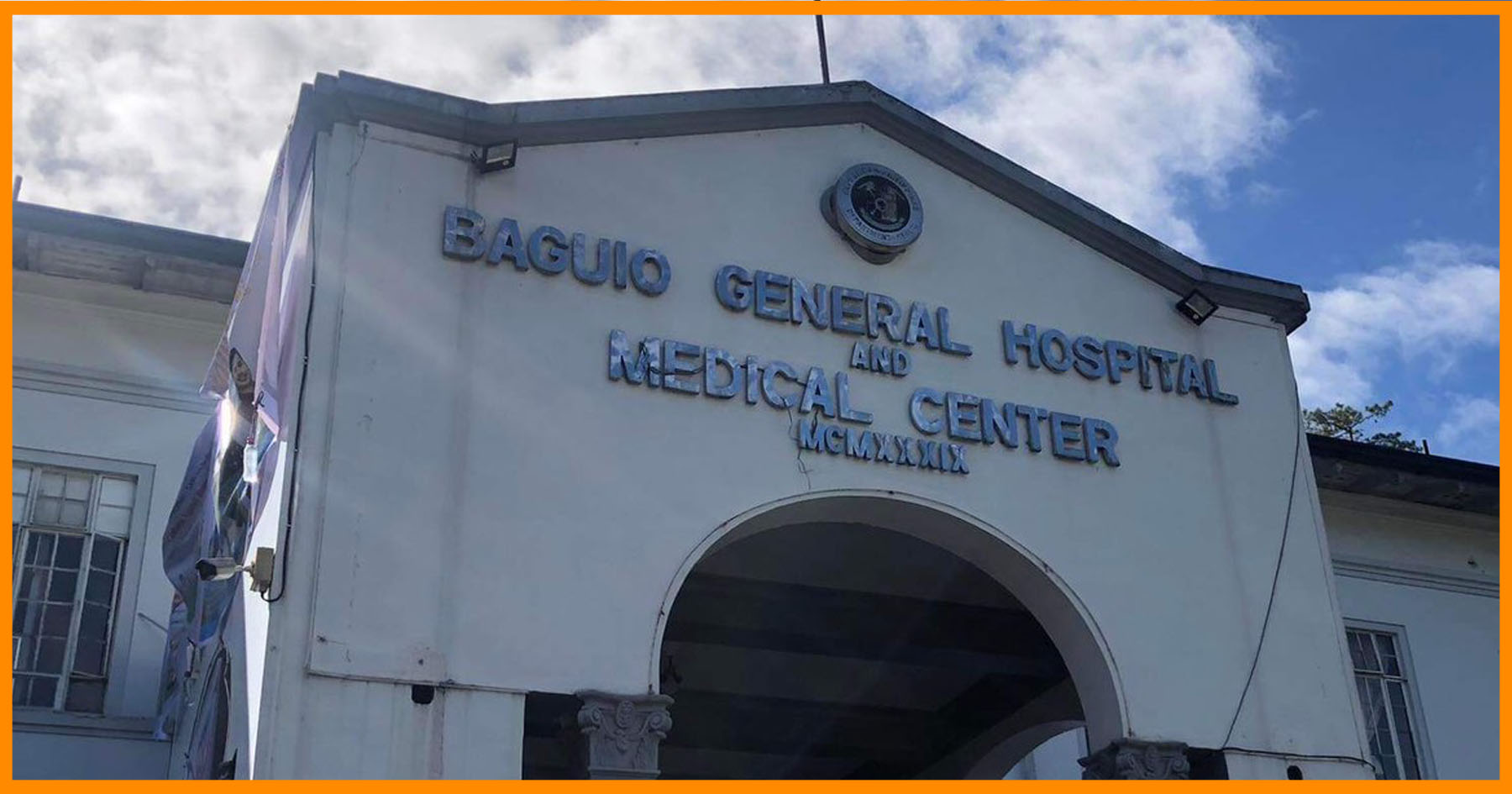BAGUIO CITY – On Thursday, April 4, 2024, stakeholders gathered at the Plaza Lodge Hotel in Baguio City for a roundtable discussion and forum on the latest developments regarding House Bill 3267, also known as the Act Establishing the Cordillera Autonomous Region. Hosted by the Institute for Autonomy and Governance (IAG) in collaboration with the Cordillera Alliance for Autonomy, Peace, and Development Inc. and supported by the Konrad Adenauer Stiftung Philippines, the event aimed to shed light on the bill’s status and explore the fundamentals of block grants – an essential aspect of regional autonomy.
Atty. Benedicto Bacani, the Executive Director of the Institute for Autonomy and Governance, spearheaded discussions on the role of autonomy as a potential solution to armed conflicts, drawing parallels between the Autonomous Region of Muslim Mindanao and the proposed Cordillera Autonomous Region.
Bacani emphasized the significance of fiscal considerations, particularly the proposed financial block grant for the Cordillera while stressing the importance of maintaining support for regional agencies during the implementation of autonomy. “There was a news item that came out that said economic managers of the country are DBM, Department of Finance and NEDA. So there are concerns on the financial block grant, maintaining still the level of support to regional agencies.”
“The proposal in the Cordillera is to maintain the still bureaucracy, agencies, devolved authorities, and also the fundings, but in addition, you also would like the block grant. Just to put the issue on physical autonomy, so you would always have to look at the different framework of autonomy in the Bangsamoro and the Cordillera,” he added.
Samantha Hamada, representing Mayor Benjamin Magalong, voiced strong support for House Bill 3267, highlighting its historical importance rooted in the aspirations of indigenous peoples for self-governance.
“The quest for autonomy in the Cordillera has been long and arduous, rooted deeply in the aspirations and struggles of our indigenous peoples. For decades, our communities have yearned for the opportunity to govern themselves, to safeguard their heritage, and to chart their own path towards sustainable development. House Bill 3267 represents a historic opportunity to realize these aspirations, to give voice to the marginalized, and to foster inclusive growth in our region.” she said.
Dr. Daniela Brown, representing the Konrad Adenauer Stiftung Philippines, echoed this sentiment, drawing on global experiences to advocate for decentralization and closer government-citizen engagement. “Our priorities in the countries are promoting a strong democratic system, good local governance, empowering the Filipino youth, supporting inclusive economic development, but also we are working on the security and geopolitical challenges of this region. We do this by cooperating with civil society organizations, the academe, but also government institutions by organizing meaningful events, training, and publications.”
“At KAS Philippines, we are really passionate about bringing politics closer to the people because we believe for a democracy to strive, it really needs engaged and informed citizens,” she stressed.
Engineer Baintan Ampatuan’s role in the Bangsamoro Autonomous Region underscored the significance of block grants as a mechanism for regional fiscal autonomy. Central to the functioning of the Bangsamoro Autonomous Region is the concept of Block Grants, mandated by the Bangsamoro Organic Law. These grants represent the share of the Bangsamoro Government in the national tax collections, as outlined in the law.
Yuri K. Weygan of NEDA-CAR provided insights into the challenges faced in fast-tracking House Bill 3267, emphasizing the need for refinement to ensure viability. “NAPC actually requested na ma-fast track po for the President to fast track this, but nag-respond po sila na we will just follow the normal protocol. So, without that signed urgency, the President is medyo less realistic na po sa House Bill 3267 natin. So, the purpose siguro nito is we gather inputs so that on the next filing, we can provide reviews, inputs, para hindi lang i-copy-paste our house bill natin ngayon, and then mahaharang nanaman siya.”
Irene B. Gahid, representing the Department of Budget and Management, raised fiscal concerns regarding the bill’s provisions, calling for careful consideration to mitigate potential impacts on national priorities and fiscal sustainability.
Gahid elucidated the Department of Budget and Management’s recommendation regarding the concerns raised over the bill’s provisions. “The suggestion is to minimize fiscal implications by taking out double funding. A minimum share from the net national tax collections may be provided, but the national government will have to assign devolved programs, projects, and activities that are still being implemented by national government agencies to the regional government. And another one is to shorten the transition period and corresponding financial assistance by the national government. So instead of the ten years additional block grant, subject to dialogue.”
Maxine Tanya Hamada emphasized the importance of aligning national and local spending priorities, advocating for a compelling political narrative and effective governance to garner support for autonomy. Drawing lessons from the Bangsamoro experience, she proposed structural suggestions to enhance the Cordillera’s governance capacity.
“You set the priorities for the country. You build the performance measures for those spending. And then you grow, you build, you extend and expand the growth of the country. So, ideally, that is the role of the national government. And I think every administration tries to get us closer to that goal. But that means that local governments, whether we’re talking of a federal system, LGUs or autonomy, have to take the bulk now of delivering frontline governance services.” Hamada explained.
“In order to complete that, you should have citizens who are able to hold the government accountable. So this is where Mayor Magalong’s comment a while ago said that it will not happen if you don’t have good governance, and citizens are part of that,” she added.
According to Congressman Marquez Go, The bill has passed the Committee on Local Government and the Committee on Ways and Means. However, the Committee on Appropriations reviews issues, particularly regarding financing and a proposed 75 billion-peso block grant over six years. Due to fiscal constraints, there’s a suggestion to delay consideration until 2029. “So what they are saying is, because of the limited fiscal space now of the national government, it might be very difficult for them to give this to the Cordillera. So they are even suggesting, if it can be considered, this bill, in 2029, and we basically objected to this because we told them that this is actually mandated by the Constitution, that there will be two autonomous regions in the Muslim Mindanao and one in the Cordillera.”
Marquez stressed the constitutional mandate for Cordillera autonomy and efforts to resolve funding challenges, with meetings planned during the recess. He sought support from regional offices and remained optimistic about progress before the session resumed.
The forum on House Bill 3267 served as a platform for stakeholders to engage in constructive dialogue and deliberation. While challenges remain, there is a collective commitment to advancing the cause of Cordillera autonomy, guided by principles of self-determination, good governance, and sustainable development. As discussions continue, stakeholders remain optimistic about the region’s prospects for autonomy and its potential to shape a brighter future for its people. By Jackielyn U. Reyes














